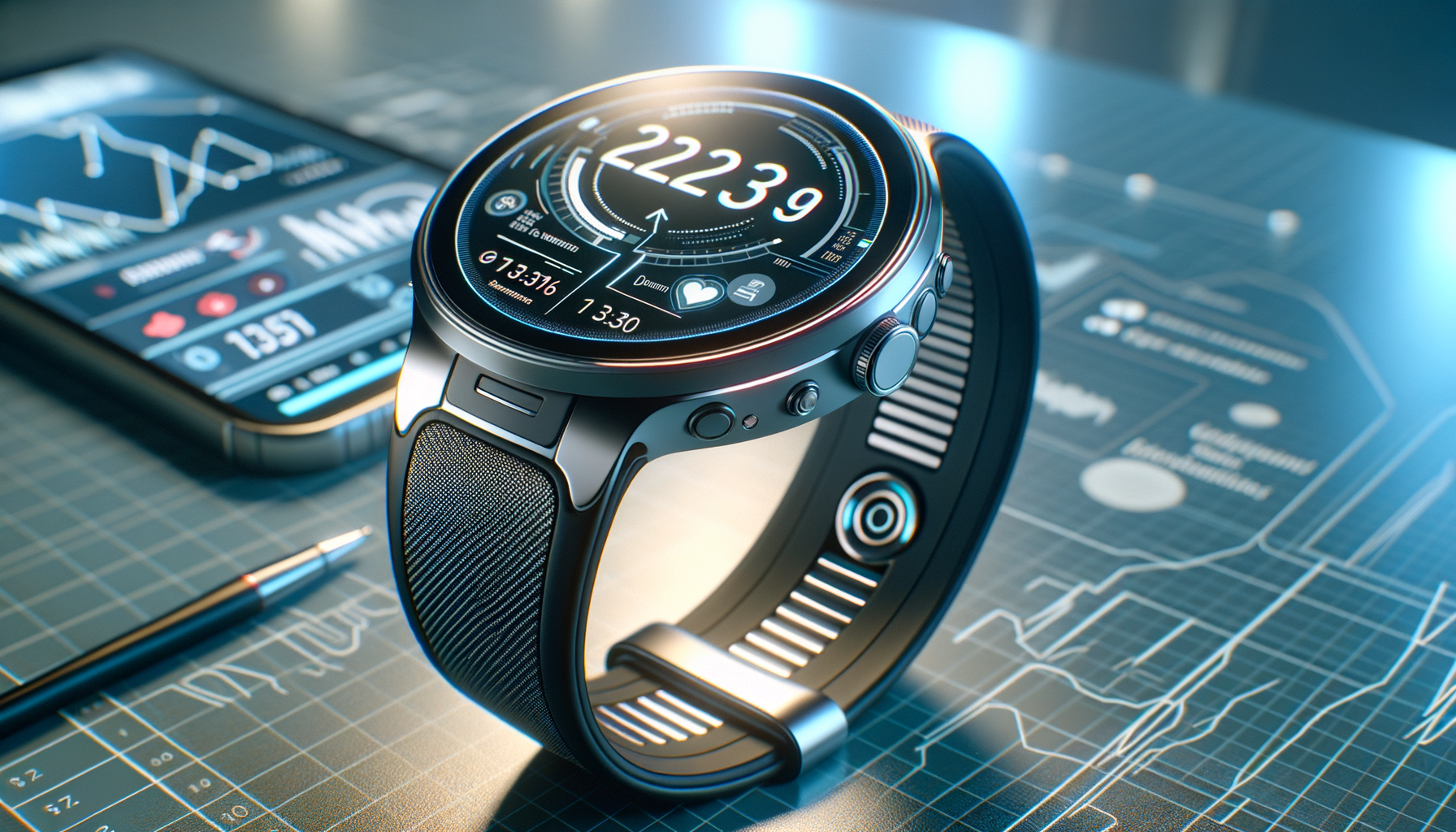Introduction to Glucose Monitoring Smartwatches
In recent years, the integration of health monitoring features into wearable technology has revolutionized personal healthcare management. Among these innovations, glucose monitoring smartwatches stand out as a game-changer, particularly for individuals managing diabetes. These devices promise noninvasive blood sugar tracking, real-time insights, and health alerts, making them an essential tool for smarter diabetes management. As we look forward to 2025, the potential advancements in this technology are both exciting and promising.
The Technology Behind Glucose Monitoring Smartwatches
Glucose monitoring smartwatches utilize cutting-edge technology to offer noninvasive tracking of blood sugar levels. Unlike traditional glucose monitors, these devices do not require finger pricks or blood samples. Instead, they use sensors that analyze interstitial fluid or employ optical sensors to measure glucose levels through the skin. This advancement not only makes monitoring more convenient but also less painful, encouraging regular tracking and better management of diabetes.
These smartwatches are equipped with sophisticated algorithms that process the data collected by the sensors, providing users with real-time insights into their glucose levels. Some models even offer predictive analytics, alerting users to potential spikes or drops in blood sugar before they occur. This proactive approach to glucose management can significantly improve an individual’s quality of life.
Benefits of Using Glucose Monitoring Smartwatches
The benefits of glucose monitoring smartwatches extend beyond convenience and comfort. By providing continuous monitoring, these devices enable users to track trends and patterns in their glucose levels over time. This information can be invaluable for healthcare providers when adjusting treatment plans or medications.
Additionally, the integration of these smartwatches with smartphones and health apps allows for comprehensive health tracking. Users can log dietary habits, physical activity, and medication intake alongside their glucose levels, creating a holistic view of their health. This data-driven approach empowers users to make informed decisions about their lifestyle and health management.
- Noninvasive and pain-free monitoring
- Real-time data and alerts
- Integration with health apps for comprehensive tracking
Challenges and Considerations
While glucose monitoring smartwatches offer numerous benefits, there are challenges and considerations to address. One primary concern is the accuracy of the readings compared to traditional blood glucose monitors. Manufacturers are continuously working to improve sensor accuracy, but it remains a critical factor for users and healthcare providers.
Moreover, the cost of these devices can be prohibitive for some individuals. As technology advances and becomes more widespread, it is hoped that prices will decrease, making them more accessible to a broader audience. Additionally, privacy concerns regarding the handling and storage of personal health data must be addressed to ensure user trust and compliance with regulations.
Future Prospects and Innovations
Looking ahead to 2025, the future of glucose monitoring smartwatches is bright. Ongoing research and development are likely to yield even more accurate and user-friendly devices. Integration with artificial intelligence could enhance predictive capabilities, offering more personalized health insights and recommendations.
Innovations in battery life and design may also improve user experience, making these devices more comfortable and convenient to wear. As technology continues to evolve, glucose monitoring smartwatches could become an integral part of diabetes management, offering users greater control over their health and well-being.
Conclusion: Embracing the Future of Health Monitoring
Glucose monitoring smartwatches represent a significant leap forward in personal healthcare technology. By offering noninvasive, real-time monitoring, these devices empower users with the tools they need for effective diabetes management. As we anticipate further advancements and innovations, the potential for these smartwatches to transform healthcare is immense. For individuals living with diabetes, embracing this technology could lead to improved health outcomes and a better quality of life.



Leave a Reply